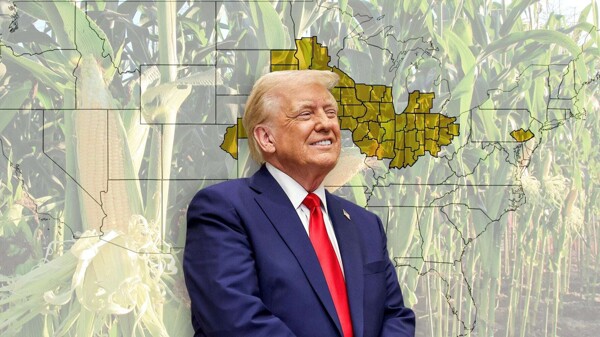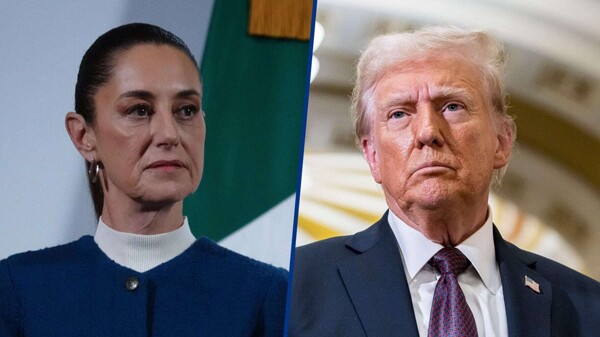
In several countries around the world, parallels can currently be observed with the historical processes that followed World War II. At that time, the proclamation of human rights as the foundation of constitutions, the creation of the UN, and various international organizations spurred the resurgence of democracy. This resurgence was characterized by the adoption of principles such as federalism, free elections, equality, protection of vulnerable groups, and recognition of the rights of minorities.
In the 20th century, the world wars were motivated by disputes over raw materials, trade, and industrialization, as well as territorial expansion. Years later, a globalization model began that sought to improve competitiveness in the markets. Mexico joined this historical evolution by refining its institutions, advancing transparent elections, and strengthening its Judiciary. It also managed to insert itself into the North American trade bloc, boosting its economy and positioning itself as a relevant actor on a global level.
Despite the advances, social policy aimed at wealth production in Mexico was truncated after the assassination of Luis Donaldo Colosio. Subsidies began to be granted to the vulnerable population, marking the beginning of an authoritarianism that weakened institutions and centralized power in the Executive. The current reform of the Judiciary has generated uncertainty in terms of investment and employment protection and has consolidated an excessive concentration of power in the Executive.
National and sovereign states have been consolidating as the needs for development have marked the path. However, this process has not been without setbacks, such as the emergence of autocratic regimes like National Socialism and Fascism. The centralization of political power, while necessary in some cases, has had negative consequences by limiting the institutions' ability to respond to the population's demands.
In the current era, we are facing the rise of autocracies in the world. Social programs have led to generalized subsidies dictated by clientelist interests, and the population has demanded solutions to inequalities, even though this has resulted in losses in terms of individual freedoms and increased discrimination against vulnerable sectors. The 2018 election in Mexico and Trump's presidency in the United States have marked a shift in the political landscape, revealing tensions and challenges at both national and international levels.
In conclusion, we find ourselves in a stage where governments are demanded immediate solutions, even if this entails sacrifices in other areas. History has taught us that democracy is a constantly evolving process, and that missteps can lead to significant setbacks.














